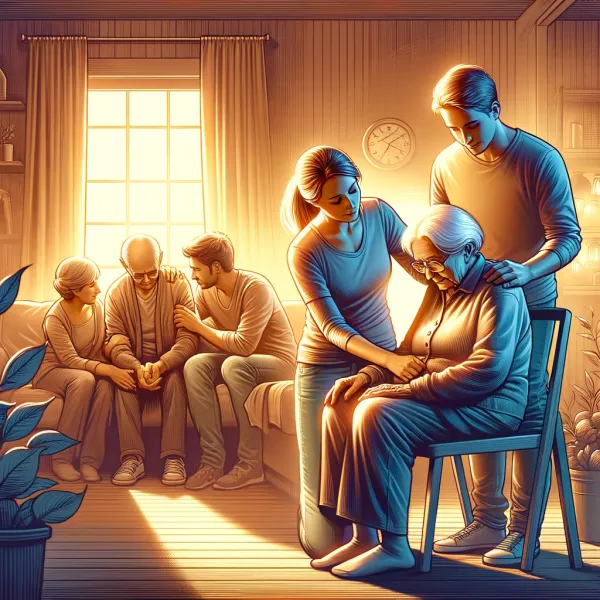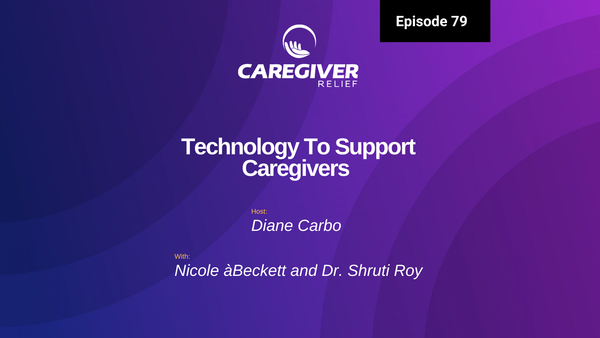Are You Recovering From Grief and Loss?
Are you navigating grief and loss? Discover how to cope with the grieving process, from understanding emotional and physical symptoms to seeking support from a grief counselor or group. Learn about types of grief, managing overwhelming emotions, and finding healing at your own pace.

Grief is not a disorder, a disease or a sign of weakness. It is an emotional, physical and spiritual necessity, the price you pay for love. The only cure for grief is to grieve.
-Earl Grollman
If you are recovering from grief and loss, the unthinkable has happened to you. The tragedy is that someone very dear to you has been taken away from you, and you are heart broken.
I would first like to extend my deepest sympathies and condolences to you and your family.
Welcome, you have found a place to help you recover and heal. We are here to help you find the straight answers to your most important questions. We want to give you some practical advice and best of all, hope.
You are experiencing one of the most painful feelings any human may endure. Collective grief is a shared emotional response experienced by groups due to significant events such as natural disasters, school shootings, and pandemics. For when we love, we also feel great loss. No one can tell you they know how you feel, that they understand the depths of your pain. You will never forget this terrible loss. You will always have the feelings of love for the person you lost. They will never leave your heart or your memories.
I started this section on the site, to help you through this time. You are not alone. I have lost my parents and my oldest son, in the past. I want you to know, grief is a process, a journey of healing and accepting. As hard as it is to realize now, I want you to know that there is hope that things will get better.
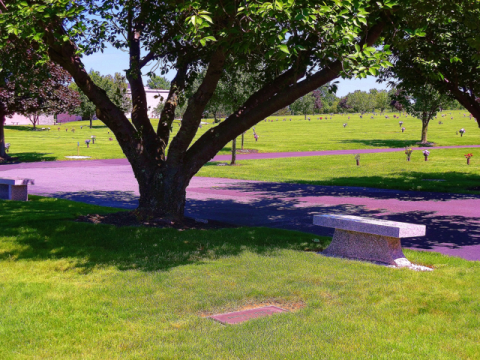
They may not ever be the same, because you will have changed. Grief is about healing and accepting a new life, a life without your lost loved one in it.
Right now you may feel overwhelmed, lost, and feeling as if you do not belong anywhere. Life feels surreal. Grief is uncharted territory for you.
More on…Are You Recovering From Grief and Loss?
My name is Diane and I am a Registered Nurse, and webmaster of this site.
I have worked and comforted many families traumatized by the loss of a loved one. I, too, lost my mother when I was 18 years old. My father when I was 45. Most recently, I lost my oldest son, a disabled soldier, to suicide. He was 35 years old. Each of these losses had a major impact on my life and left me heart broken.
A day does not go by, that I see a family caregiver post about the death of a family member. I developed this section on my site, to help others find ways to make their journey bearable. I wanted to help others find ways to express their grief in healthy and creative ways.
Recovering from grief and loss is a long and painful journey. There are better days ahead. Days filled with joy and happiness. I am here to help you find them.
As a new service for my caregivers, this site will grow and expand over time.
Create a memorial site for your loved one. Here are the different categories :
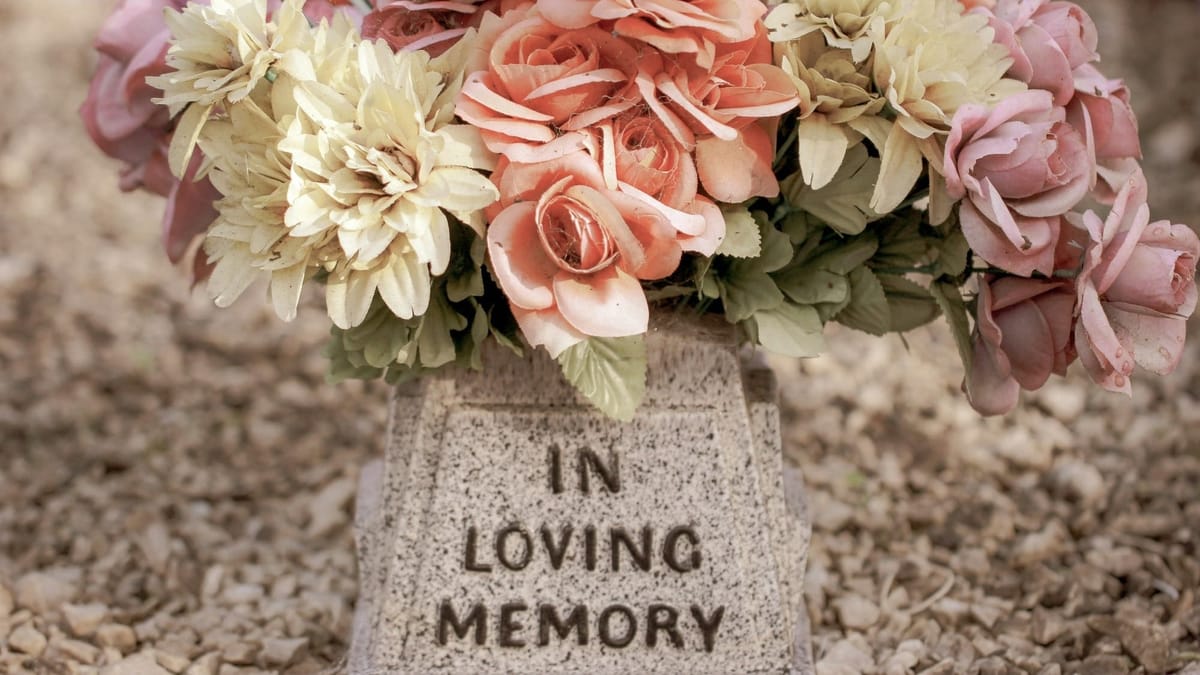
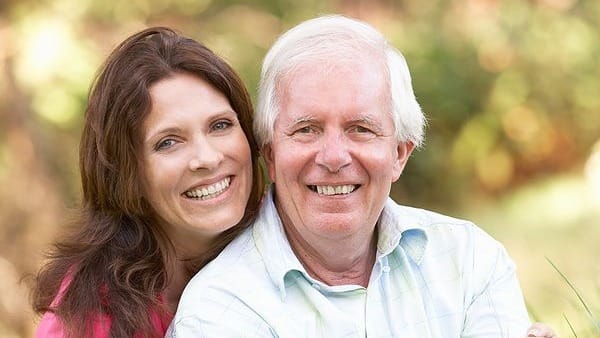


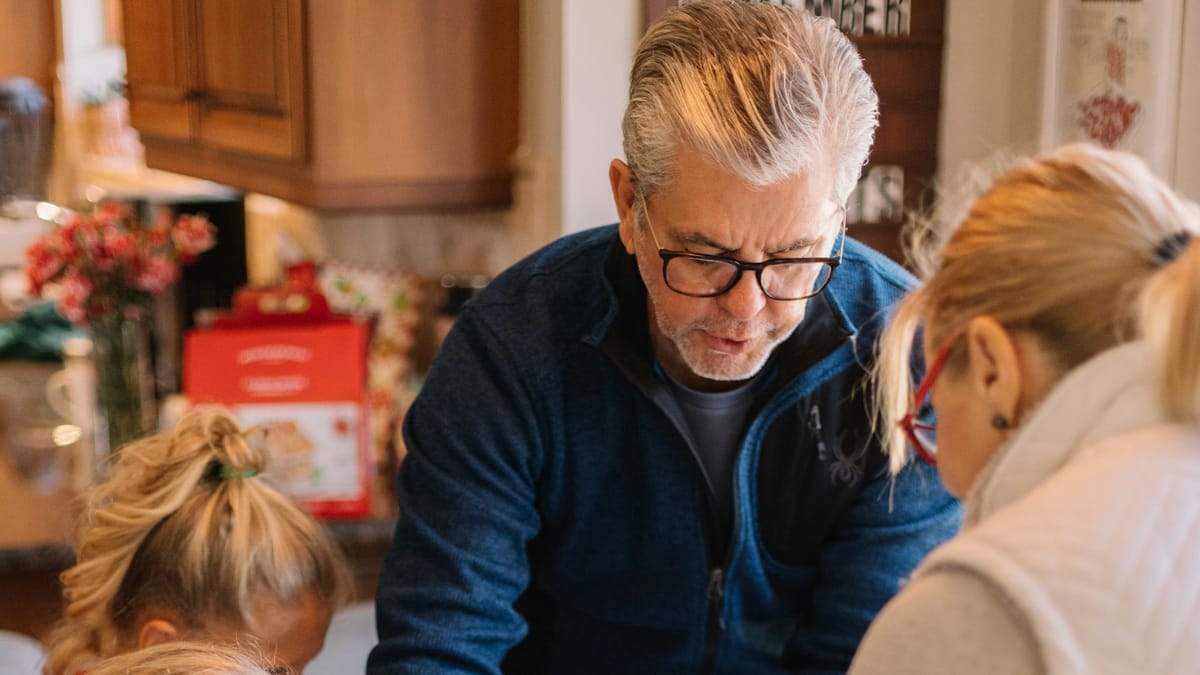

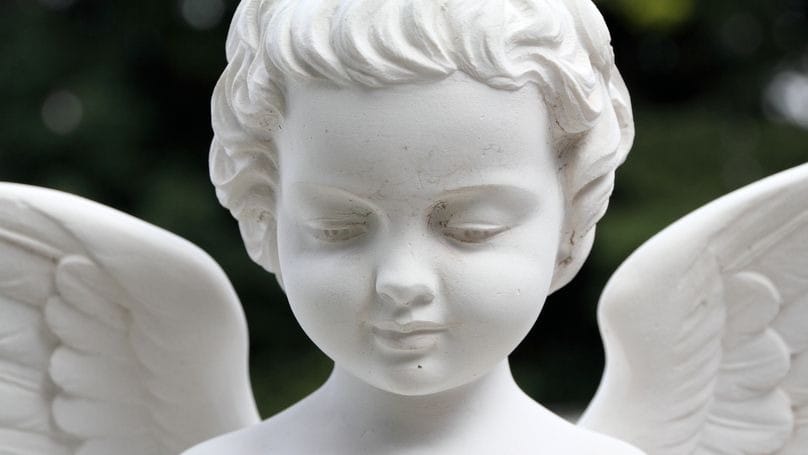


More on Grief...
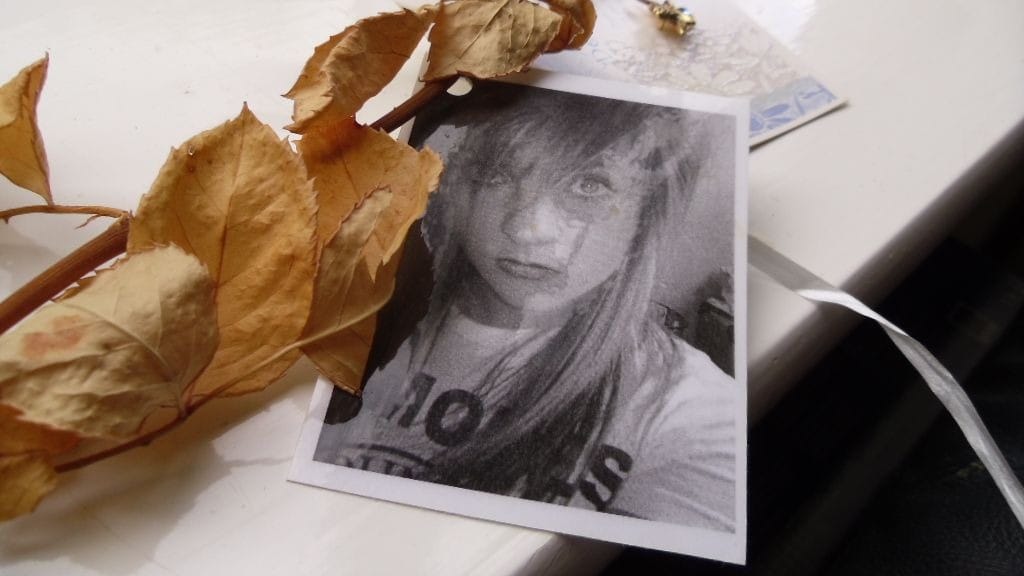


“You will lose someone you can’t live without,and your heart will be badly broken, and the bad news is that you never completely get over the loss of your beloved. But this is also the good news. They live forever in your broken heart that doesn’t seal back up. And you come through. It’s like having a broken leg that never heals perfectly—that still hurts when the weather gets cold, but you learn to dance with the limp.”
― Anne Lamott
Understanding Grief
What is Grief?
Grief is a natural response to loss, characterized by emotional suffering and a range of difficult emotions, including shock, anger, guilt, and profound sadness. It can disrupt physical health, making it hard to sleep, eat, or think straight. Grief can be triggered by any loss, not just the death of a loved one. It’s essential to understand that grief is a unique and individual experience, and there is no right or wrong way to grieve.
The Grieving Process
The grieving process is a highly individual experience, and there’s no set timetable for healing. It’s essential to be patient with oneself and allow the process to unfold naturally. The grieving process can be thought of as a roller coaster, with ups and downs, highs and lows. The ride tends to be rougher in the beginning, but the lows may become less intense and shorter over time. It’s common to experience a range of emotions, including sadness, anger, guilt, and fear, as well as physical symptoms such as changes in appetite, sleep disturbances, and fatigue.
Types of Grief and Loss
Anticipatory Grief
Anticipatory grief is a type of grief that develops before a significant loss occurs, such as a terminal illness or a job loss. It can give the person a chance to prepare for the loss and resolve any unfinished business. Anticipatory grief can be just as painful and stressful as the actual act of losing a loved one. It’s essential to seek support from family, friends, and mental health professionals during this time. Anticipatory grief can also be a time to seek support from spiritual leaders, family, and friends, and to put practical matters in order, such as discussing funeral expenses, preferred funeral home, obituary information, and specific funeral wishes.
FAQ: Recovering from Grief and Loss
What is grief, and why do we experience it?
Grief is a natural and necessary part of coping with a significant loss, such as the death of a loved one, a major life change, or even events like job loss or natural disasters. It is the emotional response to loss and can involve a range of physical symptoms, emotional symptoms, and mental health challenges.
What are the common feelings and symptoms of grief?
Grief can manifest in many ways, including:
- Physical symptoms: Trouble sleeping, loss of appetite, fatigue, and physical pain.
- Emotional symptoms: Feeling sad, anxious, overwhelmed, guilty, or shocked.
- Confusing emotions: Experiencing conflicting feelings such as relief, anger, or numbness.
- Mental health challenges: Struggling to focus, feeling disconnected from everyday life, or experiencing depressive symptoms.
What are the types of grief?
There are several types of grief, each unique in its experience:
- Anticipatory grief: Grieving before a loss, often related to terminal illness.
- Complicated grief: Persistent and intense mourning that interferes with daily life.
- Prolonged grief disorder: Grief that lasts longer than expected and feels overwhelming.
- Cumulative grief: Grief from multiple losses over a short period.
- Disenfranchised grief: Grief that society may not fully acknowledge, such as the loss of a same-sex partner or a pet.
- Absent grief: A lack of outward signs of grief despite feeling grief internally.
- Delayed grief: Grief that surfaces long after the loss.
- Collective grief: Shared grief over events like school shootings or natural disasters.
- Traumatic grief: Grief following a sudden or violent loss.
How can I cope with grief?
Coping with grief is personal and varies for everyone. Some strategies include:
- Seeking professional help: Consult a grief counselor, clinical psychologist, or healthcare provider.
- Joining support groups: Connect with others experiencing similar feelings.
- Expressing your feelings honestly: Talk to trusted family members or compassionate friends.
- Taking care of physical health: Ensure enough sleep, eat balanced meals, and spend time on self-care.
- Focusing on positive memories: Reflect on good times shared with the loved one.
- Managing practical matters: Address financial stability and daily life responsibilities gradually.
- Honoring spiritual beliefs: Use your faith or personal values to find meaning.
Is there a right or wrong way to grieve?
There is no right or wrong way to grieve. Grief is deeply personal and influenced by your relationship with the loss, personal experiences, and cultural or spiritual beliefs. It is important not to compare your grief experience to others or feel guilty for how you feel.
When should I seek professional help for grief?
Consider seeking professional help if you:
- Experience prolonged grief that disrupts your ability to function.
- Feel overwhelmed by emotional pain, anxiety, or depression.
- Struggle with physical problems or trouble sleeping for an extended period.
- Have difficulty managing grief on your own or feel unsupported by family members.
What role do support groups play in grief recovery?
Support groups offer a safe space to share your grief experience with others who understand. These groups can help grieving people feel less isolated and provide coping strategies and emotional support. Local hospitals or organizations like The Compassionate Friends often host support groups.
Can grief be triggered by non-death losses?
Yes, grief can result from significant losses such as:
- The end of a relationship.
- Loss of a job or financial stability.
- Changes in health due to a terminal illness or disability.
- Traumatic events like natural disasters or school shootings.
How can family members help a grieving person?
Family members can support grieving loved ones by:
- Listening without judgment or trying to “fix” their feelings.
- Helping with practical matters like meals or errands.
- Encouraging them to seek professional help or join a support group if needed.
- Validating their emotions and avoiding sounding dismissive of their grief.
How long does grief last?
There is no set timeline for grief. While time passes, the intensity of grief often decreases, but feelings of loss can resurface during anniversaries, holidays, or significant life events. Allow yourself to grieve at your own pace.
What if I don’t feel like I’m grieving “enough”?
Not everyone experiences outward signs of grief. Absent grief does not mean you care less—it’s just a different way of processing loss. It’s important to acknowledge your own loss and seek ways to understand grief on your terms.
What is the role of spiritual beliefs in grief recovery?
Spiritual beliefs can provide comfort, meaning, and hope during grief. Engaging with your faith community, practicing meditation, or exploring your spiritual values can help manage grief and emotional pain.
How can I help someone else cope with grief?
To support a grieving person:
- Offer to spend time with them and listen to their feelings.
- Avoid offering clichés or trying to put a positive spin on their loss.
- Be patient and understanding, recognizing that everyone grieves differently.
- Encourage them to seek professional help or join a support group if needed.
Grieving is a natural response to a significant loss, and understanding your feelings honestly is an essential step toward healing.








